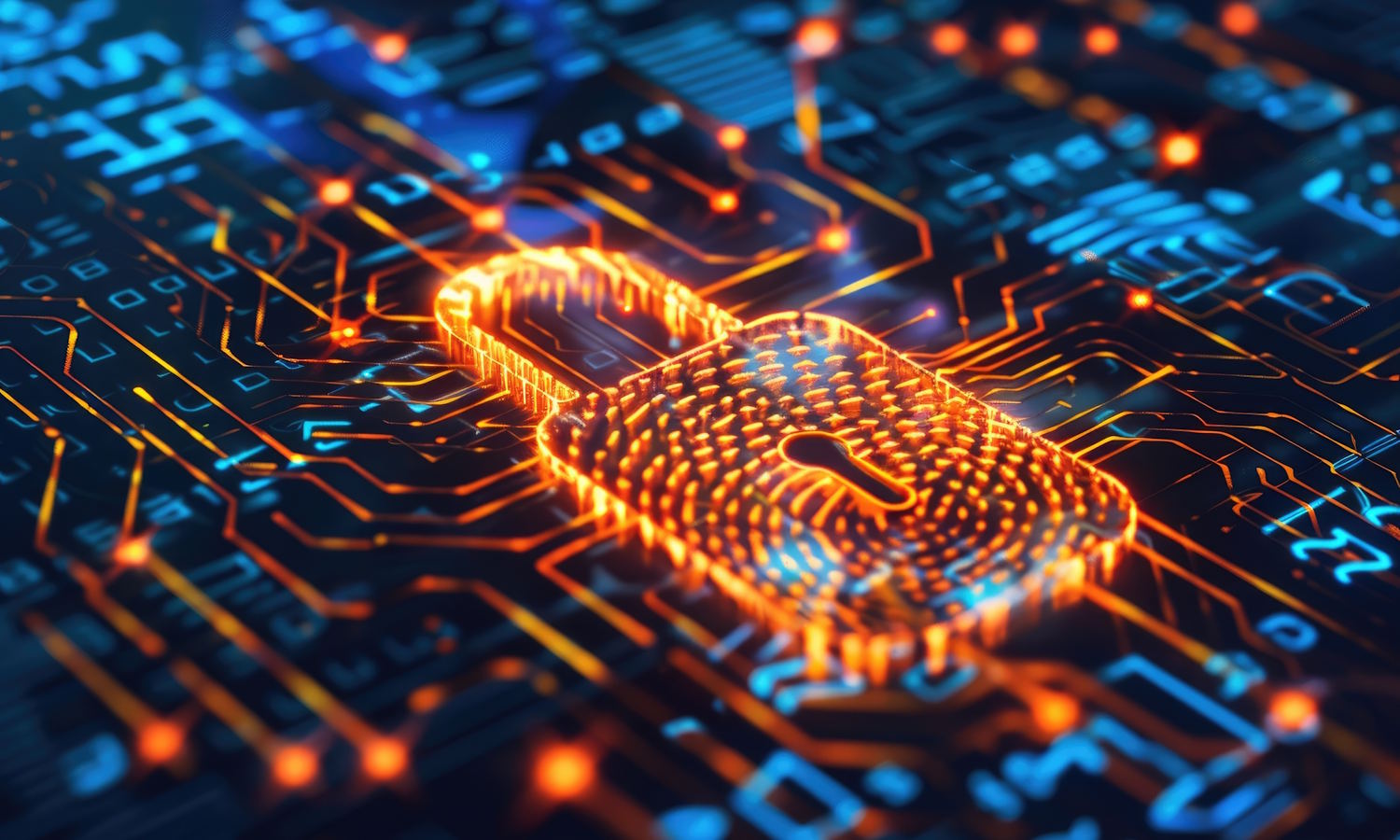
NordProtect rolls out expanded monitoring features for identity theft detection
NordProtect, an identity theft protection service from Nord Security, has expanded its monitoring features to give users earlier notice of potential fraudulent activity. The changes add extended credit monitoring, loan tracking, and financial account alerts, with the goal of helping users respond before financial damage occurs.
The service now monitors credit activity across all three major credit bureaus. Users receive alerts when changes appear on their credit file, including new accounts opened in their name, shifts in credit score, or hard inquiries made by lenders or other organizations.

Adapting to AI agents, growing risks and perimeter focus -- identity predictions for 2026
Identity remains key to cybersecurity with stolen IDs opening the door to many attacks. And with the rise of AI agents and machine identities it isn’t just just humans that we have to worry about. Here’s what some leading industry figures think we can expect from the identity landscape in 2026.
Itamar Apelblat, CEO and co-founder of Token Security, thinks compliance frameworks will need to be rebuilt to account for AI agents. “Traditional compliance models were designed for human-centric workflows, and they are already breaking. Over the next year, frameworks will evolve to recognize AI agents as workforce identities with their own permissions, accountability requirements, and control expectations. Organizations that fail to adapt will fall out of step with regulators and customers.”

One in 25 digital identity checks flagged as fraudulent
Regulatory tightening across the EU and UK, including the EU’s new anti-money laundering package and platform-economy rules, as well as emerging age-assurance requirements around online safety, have pushed organizations to formalize identity checks at scale.
But identity verification provider Veriff has published its 2026 Identity Fraud Report, showing that 4.18 percent of all digital identity checks processed through its platform in 2025 were flagged as fraudulent – the equivalent of one in every 25 verification attempts across its global dataset.

How self-governing identity infrastructure can streamline policy enforcement [Q&A]
Managing identity is one of the more challenging cybersecurity tasks and can soak up a good deal of time and resources.
We spoke to Raz Rotenberg, co-founder and CEO of Fabrix Security, to discuss the rise of self-governing IAM systems that don’t just enforce policy -- but continuously adapt, reason, and remediate access in real time.

New report warns of looming agentic AI and quantum fraud risks
A new identity fraud report from AU10TIX looks at how fraud is shifting from isolated attempts to adaptive, self-optimizing systems, and the need for early-warning intelligence to reshape the future of fraud prevention amid rapid advances in artificial intelligence and quantum computing.
“Fraud is no longer a static event; it’s a living signal moving through networks and devices,” says Yair Tal, CEO of AU10TIX. “At AU10TIX, we see the daily challenges our customers face as fraud evolves faster than ever. Our mission is to protect them, not just by responding to attacks, but by anticipating them. Our early-warning system helps ensure their businesses stay one step ahead, detecting risk before truth starts to drift.”

People search sites put healthcare workers' data at risk
A new study reveals the extent to which medical professionals’ personal information is publicly available online, leaving them vulnerable to stalking and other forms of threats.
The report from data privacy and personal data removal service Incogni looks at 768 medical department heads from major US hospitals to see what personal information is publicly accessible and shows some concerning results.

New Darktrace features help guard against email attacks
Modern social engineering attacks no longer begin and end in the email inbox. They move across identity platforms, SaaS tools, and collaboration apps, exploiting gaps between disconnected security products, and employing increasingly sophisticated techniques to evade traditional defenses and reach end users.
To address these threats AI cybersecurity specialist Darktrace is launching a series of enhancements to Darktrace / EMAIL designed to detect and stop attacks spanning communications channels, strengthen outbound email protections and streamline SOC integrations.

Why CISOs are betting on identity firewalls to stop the next breach [Q&A]
The network firewall was designed for a world that doesn’t exist anymore. When corporate assets sat behind a data center perimeter, inspecting packets between ‘inside’ and ‘outside’ made sense.
But today, with workloads spread across multiple clouds, SaaS platforms, and edge environments, that perimeter has dissolved. Attackers don’t need to smash through firewalls when they can compromise privileged credentials and operate from within. A rogue or stolen admin account can cause catastrophic damage, something no network firewall can stop. The battlefield has shifted from networks to identities.

Rise in agentic identities leads to increased risk
The AI wave is translating into an increased number of AI agents in the workplace, which equates to a surge of both non-human identities (NHIs) and agentic identities. This is resulting in an urgent focus for CIOs and CISOs on identity threats and recovery.
New research from Rubrik Zero Labs, based on a survey by Wakefield Research of over 1,600 IT security decision makers, finds 89 percent of respondents have fully or partially incorporated AI agents into their identity infrastructure, and an additional 10 percent have plans to.

Financial sector ups investment in ID verification tech
Banks, fintechs, and crypto platforms are ramping up investment in fraud prevention and identity verification (IDV), positioning it as the next layer of cyber defense, according to a new survey.
The study from Regula shows banks are leading this trend: the share of institutions intending to increase IDV budgets by more than 50 percent is nearly tripling -- from 4.4 percent to 15 percent in just two years.

AI use increases alongside plummeting consumer trust
A new report from Ping Identity finds that 68 percent of consumers are now using AI, up from 41 percent a year ago. But at the same time fewer than one in five (17 percent) say they have ‘full trust’ in the organizations that manage their identity data.
The findings of the study, carried out by Talker Research which interviewed 10,500 consumers across 11 countries, show that 75 percent say they are more concerned about personal data security than five years ago. In addition 39 percent cite AI-driven phishing as the modern scam that concerns them most.

Why the retail industry needs to rethink identity [Q&A]
The retail industry continues to be a top target for cyber criminals, retailers rely heavily on digital infrastructure to manage consumer data and operations so they remain an attractive target for attackers seeking financial or operational disruption.
The cyberattacks earlier this year hitting UK retail (Marks & Spencer, Co-op, Harrods) are the latest reminder that identity is still one of the weakest links.

Enterprises left dangerously exposed by identity protection ‘maturity myth’
New research from Osterman and Silverfort reveals that although nearly 70 percent of organizations believe their identity defenses are ‘mature’ there is a worrying gap between perception and reality.
This comes against a rising tide of identity threats, 72.1 percent of identity leaders report that the threat level of identity-related attacks has increased or remained unchanged in the past year. The most significant jumps include AI-powered attacks, ransomware-based attacks, and social engineering of desk staff to reset credentials or MFA factors (up 14.3 percent).

How do you know if you’re dealing with a human or a bot? [Q&A]
If you’ve seen ‘Blade Runner’ you’ll know how difficult it can be to determine if someone is human or not. While that was fiction it’s worth remembering that it was set in 2019.
In 2025 and in the real world it’s becoming increasingly difficult to tell humans from bots in the online world. AI-powered bots, nearly indistinguishable from humans, are multiplying rapidly. This presents a growing nightmare for headhunters, security officers and more. We spoke to Terence Kwok, founder and CEO of blockchain identity platform Humanity Protocol, about the challenge of verifying humanity online.

CrowdStrike debuts unified identity security for human, non-human, and AI accounts
CrowdStrike has launched Falcon Next-Gen Identity Security, a new unified solution aimed at protecting identity across the full attack chain.
The platform covers human users, non-human service accounts, and AI agent identities, delivering security without the usual integration delays typically seen in multi-vendor setups.
